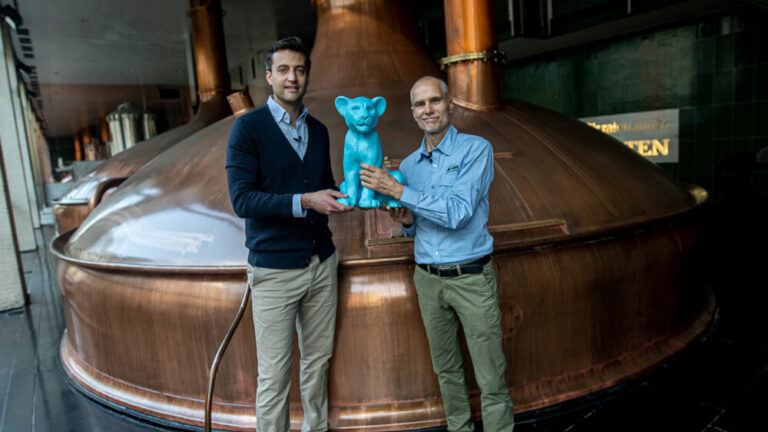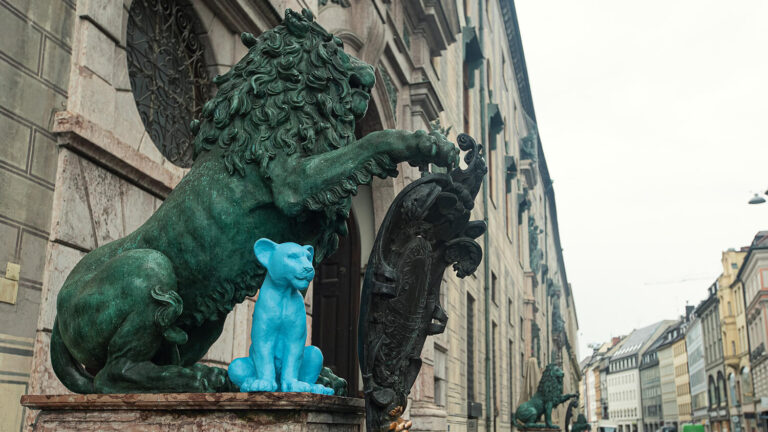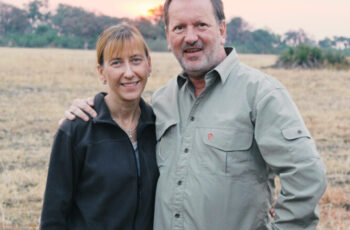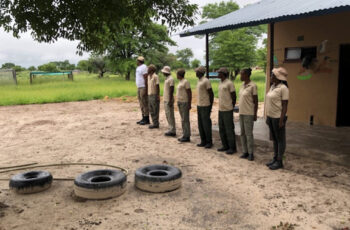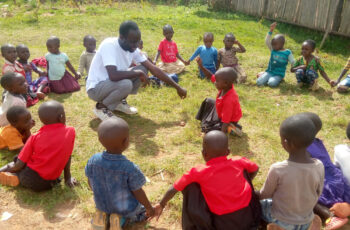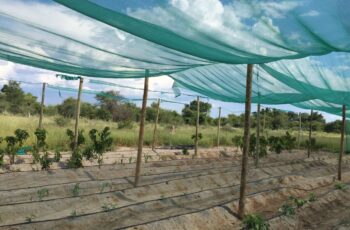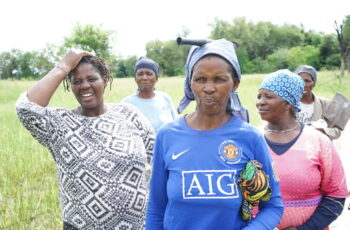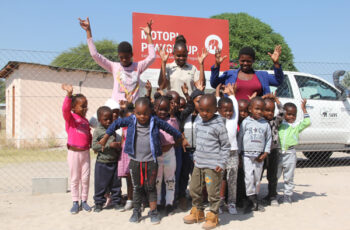
Here we protect the lions
The area is located southeast in the Okavango Delta. Concessions NG32/35 are separated by the Buffalo fence and host 9 communities (NG32: Ditshiping, Xaxaba, NG35: Quqao, Shorobe, Xharaxhao, Boro, Daunara, Morutsha, Matsaudi) in which about 4210 people live. Residents have always worked in campgrounds, lodges or hotels and offer canoe and boat tours as well as game drives, however the main source of income is livestock.
Next Generation

Löwen schützen Botswana, Afrika
Füge eine optionale Bescheibung zur deiner Karten-Stecknadel hinzu

